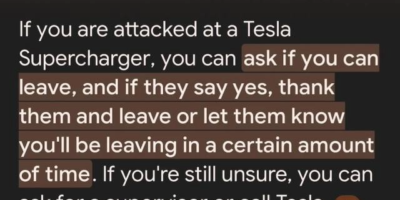It’s that time of the term again, where midterms are coming back into our hands and finals are just around the corner. And we all know what that means: time to start catching up on all the material you’ve covered in your classes this term so that you can pass your exams.
We all know how hard studying is, though, especially when there are so many interesting things going on (like watching cat videos on YouTube). Counselling Services and the Internet all have great resources on how to make your time most efficient. One of the best ways those resources advise on how to make your time efficient is learning how to make a study schedule. Problem is, it’s hard to make an effective study schedule that you can stick to. After four years of school, here are some of my tips for making an effective study schedules.
Make your schedule early
If you plan what you are going to study early, there is a better chance that you will actually accomplish it. This needs to start with figuring out everything you need to do (readings, old assignments, old midterms and finals if applicable, etc).
Anticipate Procrastination
You are going to check Facebook. You are going to go on Reddit. You are going to go outside and play in the snow. When you are planning out your schedule, you should anticipate this. For example, if you have 12 hours in a day, you will not spend it reading the textbook and then doing all the practice problems. Realistically, you will read a few chapters, maybe do 1 assignment, and spend the rest of the day doing nothing. This ties into the making your schedule early, because if you have a lot of these little goals, you will be able to finish on time.
See how your body handles lack of sleep
I, for one, can pull an all-nighter and still write a 9am exam (somewhat successfully). On the other hand, if I sleep 3 hours, my mind cannot focus and I can’t remember anything I studied. I have friends who work the exact opposite way. When planning out your schedule, make sure you take into account how much you plan to sleep
It is also important to then look into what you can do afterwards. For myself, I have to sleep immediately after an exam, or do some light reading, but nothing too intensive. For some of my friends, after a 3 hour sleep, they are fully functional all day.
Accommodate Breaks
Even though you are planning for procrastination, you will also need a break. Taking a walk outside, getting food, etc. are all important aspects of studying. Decide early what you are going to do (55 minutes on, 5 minutes off, etc). Planning ahead will make sure you aren’t running out of time.
Make a study schedule with reasonable goals.
This was sort of covered in the procrastination section, however, I will reiterate it here. Make reasonable goals for each day! You’re probably not going to read a whole textbook in one day, because in most cases, the content will be really boring. If this is a fun elective that you enjoy reading, then you still have the problem of making sure remember what you are reading.




Leave a Reply